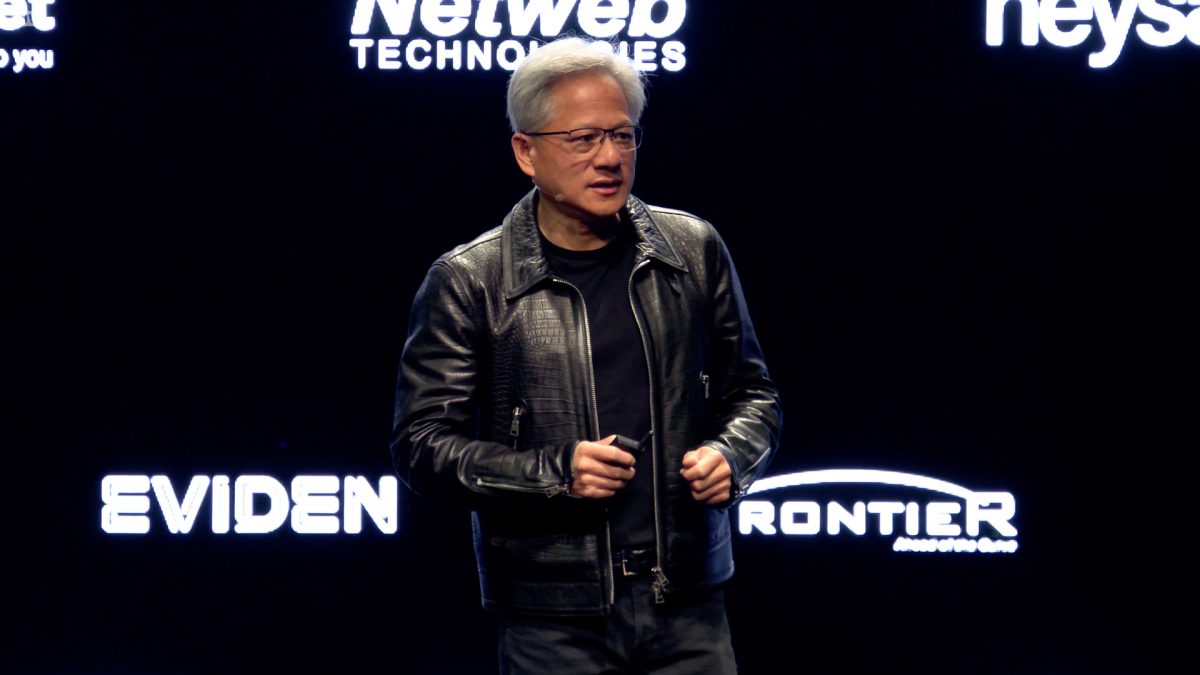Since adding AI capabilities, Ray-Ban and Meta Platforms have seen substantial success with their smart glasses. The new AI-enhanced versions of Ray-Ban’s glasses, which retail for around $300, have sold more in just a few months than their predecessors did in two years read more
)
Style and comfort are already becoming key priorities for some companies. Hong Kong-based Solos, for instance, plans to release its new AirGo smart glasses this fall, aiming to compete directly with Ray-Ban and Meta by offering a lighter and similarly priced alternative. Image Credit: Pexels
Chinese tech companies are diving headfirst into the growing market for AI-powered smart glasses, aiming to capitalize on the surge in consumer interest following the release of Meta’s Ray-Ban smart glasses.
This new wave of AI-enhanced eyewear is seen as a promising opportunity to combine the power of generative AI with wearable technology, offering consumers a futuristic and convenient way to access advanced digital tools.
One of the latest entrants in this competitive field is Superhexa, a Xiaomi-backed startup that recently launched its AI audio glasses, Jiehuan.
Priced at an affordable 699 yuan (approximately $98), these glasses are designed to offer functionality similar to their more expensive counterparts, such as quick access to large language models (LLMs) via built-in speakers and microphones.
LLMs, which power intelligent chatbots like OpenAI’s ChatGPT, allow users to interact with AI in real time, enhancing the practicality and appeal of these smart glasses.
The founder and CEO of Superhexa, Xia Yongfeng, highlighted the potential of these glasses by noting that using hands to hold a smartphone might soon be considered inefficient, given the evolution of wearable AI technology.
The rapid advancements in generative AI have significantly boosted the intelligence of smart glasses, making them more attractive to consumers. These glasses can now provide real-time AI assistance, such as answering queries about the environment or translating conversations on the spot.
Since adding AI capabilities, Ray-Ban and Meta Platforms have seen substantial success with their smart glasses. The new AI-enhanced versions of Ray-Ban’s glasses, which retail for around $300, have sold more in just a few months than their predecessors did in two years.
This trend indicates a growing consumer appetite for smart eyewear, with Sinolink Securities projecting that shipments could reach 2 million units by the end of the year, a significant jump from the 480,000 augmented reality glasses shipped last year.
Chinese companies are keen to offer similar features at a fraction of the cost. Superhexa’s Jiehuan glasses boast impressive features like 11 hours of music playback, up to two weeks of standby time, and a lightweight design at just 30 grams.
The glasses also include voice-guided navigation, AI chat, and audio translation capabilities. However, early users have pointed out some limitations, such as difficulties with voice recognition in noisy environments.
The market is becoming increasingly crowded, with other Chinese startups like Liweike and Sharge, as well as tech giants like Huawei, launching their own AI glasses in recent months. Despite the enthusiasm, some industry analysts, like Ivan Lam from Counterpoint, caution that the market may face challenges.
Current AI glasses, which are essentially regular spectacles with added tech features like speakers and cameras, might not appeal to those who don’t typically wear glasses. Furthermore, the added weight from electronic components could be a deterrent for widespread adoption. To stay competitive, manufacturers will need to focus on reducing weight, enhancing the user experience, and extending battery life.
Style and comfort are already becoming key priorities for some companies. Hong Kong-based Solos, for instance, plans to release its new AirGo smart glasses this fall, aiming to compete directly with Ray-Ban and Meta by offering a lighter and similarly priced alternative.
Even startups like Realities and Brilliant Labs are emphasizing design and functionality, with products like the G1 glasses and Frame smart glasses that cater to both consumers and enterprise markets. These glasses, though pricier than Superhexa’s, are mainly targeting international markets where AI models are less restricted.
The race to dominate the AI smart glasses market is heating up, with Chinese firms eager to carve out a niche by offering affordable, innovative options. As the technology continues to evolve, the next few years will likely see significant developments in how AI integrates with everyday wearable devices, potentially reshaping how people interact with the digital world.

 2 months ago
14
2 months ago
14
)
)
)
)
)
)
)
)
)
)
)
)
)
)
)
)
)
)
)
)
)
)
)
)
)
 English (US) ·
English (US) ·